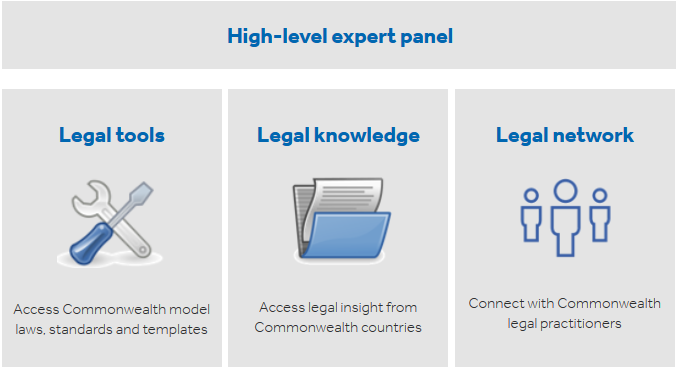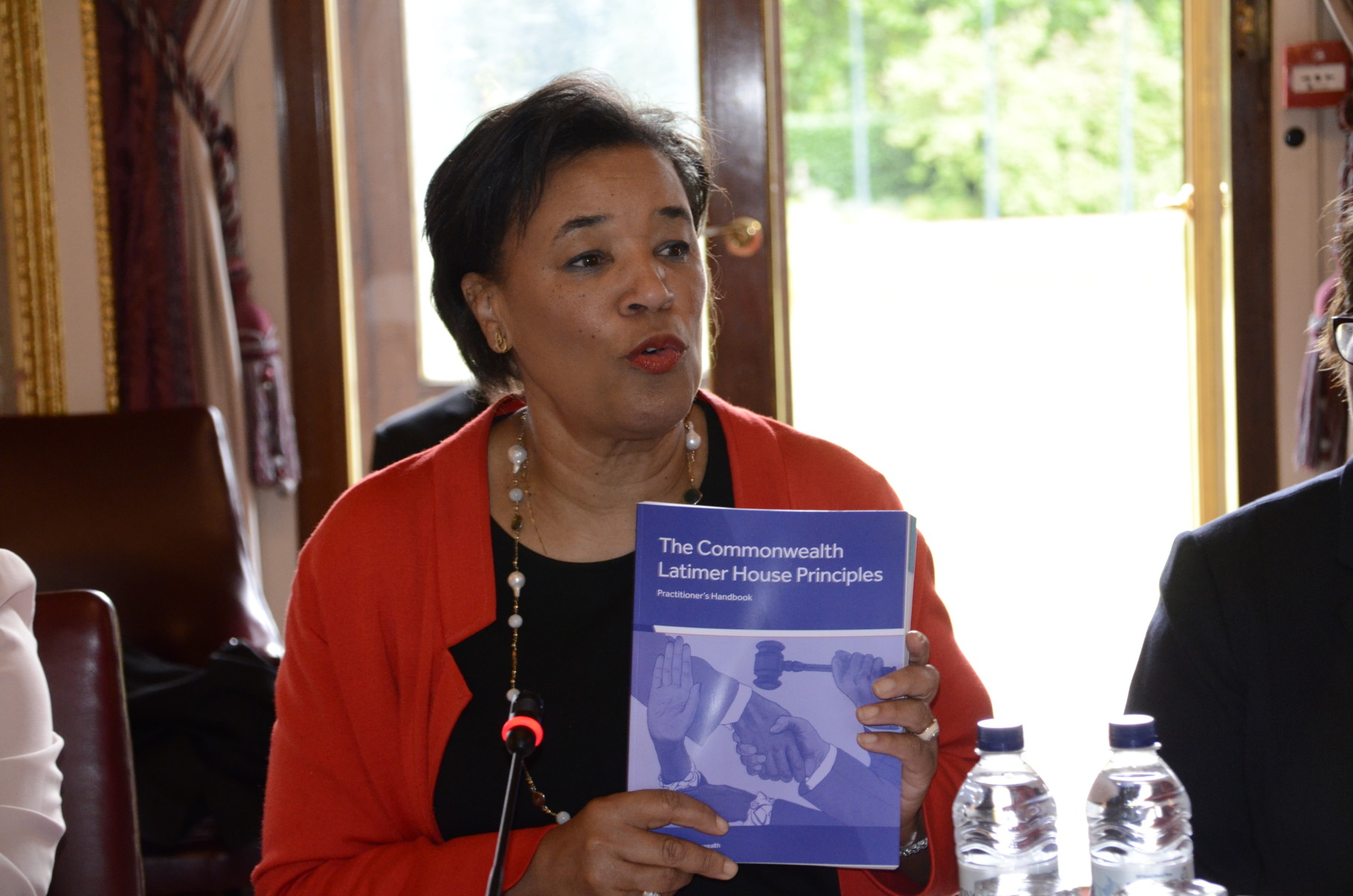High commissioners were delighted about the launch of the Commonwealth Office for Civil and Criminal Justice Reform (OCCJR). None more so than Muyeba Chikonde from Zambia. “It was a momentous and very important day for us,” he said. “It has demonstrated the relevance of the Commonwealth and is a practical demonstration of what the member states have always been talking about.”
The new OCCJR supports all 53 Commonwealth countries in tackling legal issues – challenges such as violence against women and girls, gender discrimination, corruption and climate change.
It also assists member countries in delivering access to justice and sustainable development. It does this by helping them create fair and effective national laws, and it helps them enhance policy-making and legislation.
One way members can reap those benefits is with the new toolkit provided by the OCCJR: the Commonwealth Latimer House Principles Toolkit on the separation of powers. We developed this in close co-operation with the with the Latimer House Working Group. The toolkit sets out clear steps to ensure that the Latimer Principles are implemented.
At the launch of the OCCJR, a number of high commissioners commented on how valuable the OCCJR and toolkit would be to their countries.
St Kitts and Nevis’s Dr Kevin Isaac said: “I was excited, especially with the launch of the Latimer Principles as this is a clear example of the Secretary-General adding value and proving the relevance of the Commonwealth Secretariat, and how we can really translate that into meaningful benefit for the people on the streets.”
Watch: Muyeba Chikonde, High Commissioner of Zambia to the UK, at the launch of the OCCJR (London, July 2017). He explains why the new office is important for developing countries like his.
The OCCJR makes available good legislative practice from across the Commonwealth. It offers access to model laws, standards, templates, legal insight and legal networks. It also delivers technical assistance to member countries based on these resources.

Secretary-General Patricia Scotland said, “Clear, fair and effective legal frameworks are integral to the rule of law and development, and represent the very fabric of the rules by which the state and private citizens interact, as well as by which individuals and enterprises deal with each other, both within and between, countries.
“Many member states struggle to obtain high-quality legal advice because public sector lawyers are seduced away by the private sector. However, this online resource will now enable members who are working on the same issues to collaborate and share templates, as well as to cultivate Commonwealth best practice materials.”
The Secretariat has carried out consultations on legal reform in Commonwealth countries, for example a survey on anti-corruption measures in all 53 member countries. These consultations showed the clear need for support for law reform, including the implementation of international legal standards. Anti-corruption is one of the core areas that our new office will focus on.
- The Latimer House Working Group consists of representatives from the Commonwealth Lawyers Association, the Commonwealth Legal Education Association, the Commonwealth Magistrates’ and Judges Association and the Commonwealth Parliamentary Association. It was established following the drafting of the Latimer House Guidelines on Parliamentary Supremacy and Judicial Independence in 1998, and its subsequent endorsement at the Commonwealth Heads of Government Meeting in 2003.
- Adopted in 2003, the Commonwealth (Latimer House) Principles outline the relationship between the three branches of government (Executive, Legislature and Judiciary) and provide guidance on the separation of powers. The Principles provide an effective framework for the implementation of the Commonwealth’s fundamental values of democracy, good governance, human rights and the rule of law.
The Commonwealth has played a catalytic role in strengthening society’s capacity to manage disparity and diversity through its emphasis on the shared values and principles as enshrined in the Commonwealth Charter, its Good Offices role, various programmes and activities as well as assistance in building democratic institutions, good governance, credible and transparent elections. – Malaysia’s Ministry of Foreign Affairs, Wisma Putra


